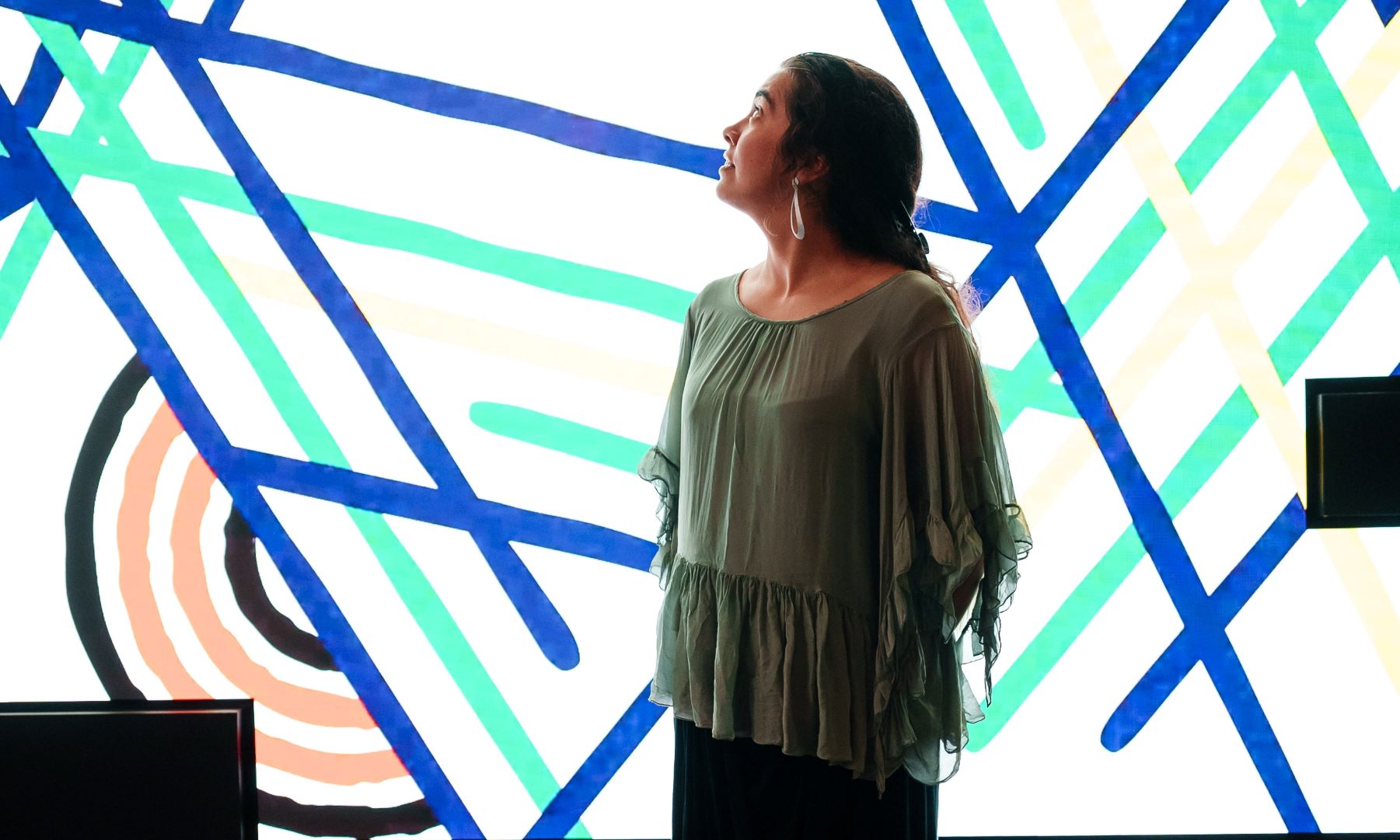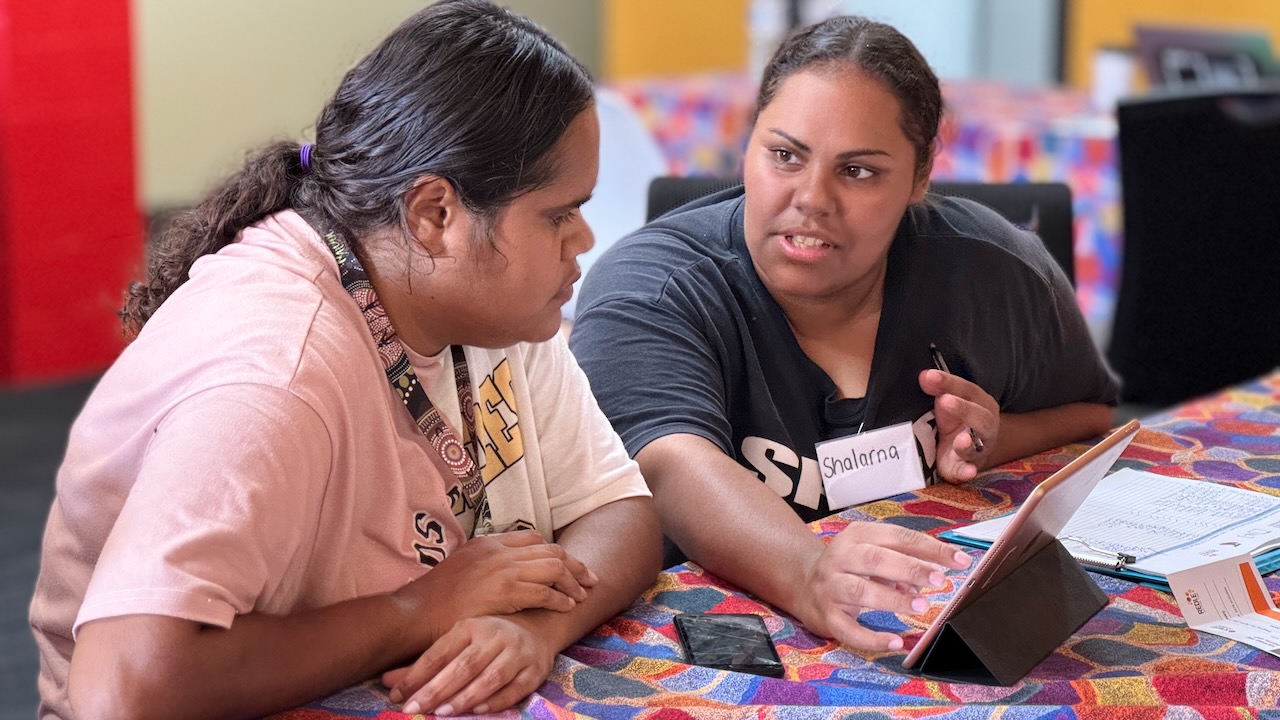Dr Leonora Risse, Senior Lecturer in Economics
Topics: Federal Budget, economy, workforce, gender equality
“Instead of asking “what’s in it for me?” in the Budget, we should really be asking what’s in the collective good for the economy and our society.
“The high inflationary landscape means that the Government needed to restrain its overall spending for the sake of the economy, while targeting its cost-of-living relief to essential household items among the most financially vulnerable.
“The risk that additional financial support will add fuel to the inflation fire is a valid concern, but this cost-of-living relief can be thought of as a protective cloak to shield the people who are already closest to this flame.
“The fact that this support is targeted towards essential items among low-income groups, rather than a broad-based cash handout, and can be delivered in instalments over time rather than a lump-sum, takes the edge off these inflationary risks.
“The Budget accelerates progress towards gender equality through multiple initiatives, including by expanding a gender lens across the Budget more broadly.
“It reports that key policy measures were subject to gender impact assessments, and this is reflected throughout the Budget documents.
“As an informative example of applying a gender lens, the Budget’s analysis of JobKeeper recognises that women make up most recipients over the age of 55 years who will benefit from the additional support.
“The Budget also recognises that men remain the main beneficiaries of government investment in apprenticeships programs and has highlighted that the Australian Skills Guarantee will include more initiatives to address gender inequality issues in apprenticeships.
“This gender lensing approach complements the approach of the Victorian Government, which already has a Gender Responsive Budgeting Unit set up in the Victorian Treasury and illustrates that Victoria has been the leading jurisdiction on this best practice initiative.”
Dr Risse is a Senior Lecturer in Economics at RMIT University, a Research Fellow with the Women’s Leadership Institute Australia, and an Expert Panel Member with the Fair Work Commission. She formerly held roles with the Women and Public Policy Program at Harvard University, the Australian Government Productivity Commission, and the Women in Economics Network.
***
General media enquiries: RMIT Communications, 0439 704 077 or news@rmit.edu.au
.jpg)


